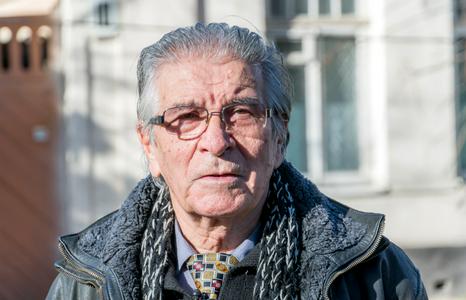The Fergana District Court has sentenced a 24-year-old Uzbek national, identified as A.K., to three years in prison for participating in Russia’s “special military operation” (SMO) in Ukraine, Gazeta.uz reported, citing court documents.
According to the case materials, the defendant traveled to Moscow in 2022 for work. He was initially employed as a cleaner at a shopping mall in the Moscow region and later took a similar job elsewhere.
That September, Russian police detained him while he was walking with a girlfriend, in whose possession they found drugs. The young man was charged in the same criminal case, and a Russian court sentenced him to seven years in prison.
While serving his sentence, A.K. said that prison officials repeatedly offered him a contract to join the Russian army, promising release from prison and Russian citizenship in return. Although he initially refused, he changed his mind in November 2024 after several stints in solitary confinement, claiming that the prison warden threatened to extend his term by another ten years if he continued to resist.
The man obtained a Russian passport, underwent military training near Donetsk, and was sent to the combat zone. He stated that his role was to deliver food by motorcycle to soldiers on the front line.
In February 2025, during another trip to the front, A.K. was attacked by a Ukrainian drone and sustained injuries to his arm and leg. He also suffered a head wound when a stone struck him during an explosion.
A.K. said he attempted to escape twice during his eight months of service. The first attempt failed, but in August 2025 he managed to flee to Moscow, where he sought assistance at Uzbekistan’s consulate to obtain a certificate allowing him to return home.
After flying from Moscow to Fergana, he was detained by Uzbek law enforcement. His participation in the conflict was confirmed by his Russian military ID and photographs taken in the war zone.
The defendant fully admitted guilt and expressed remorse, asking for leniency due to his voluntary return to Uzbekistan.
He was found guilty under Article 154, Part 1 (“Mercenarism”) of the Uzbek Criminal Code and sentenced to three years in a general-regime penal colony.










